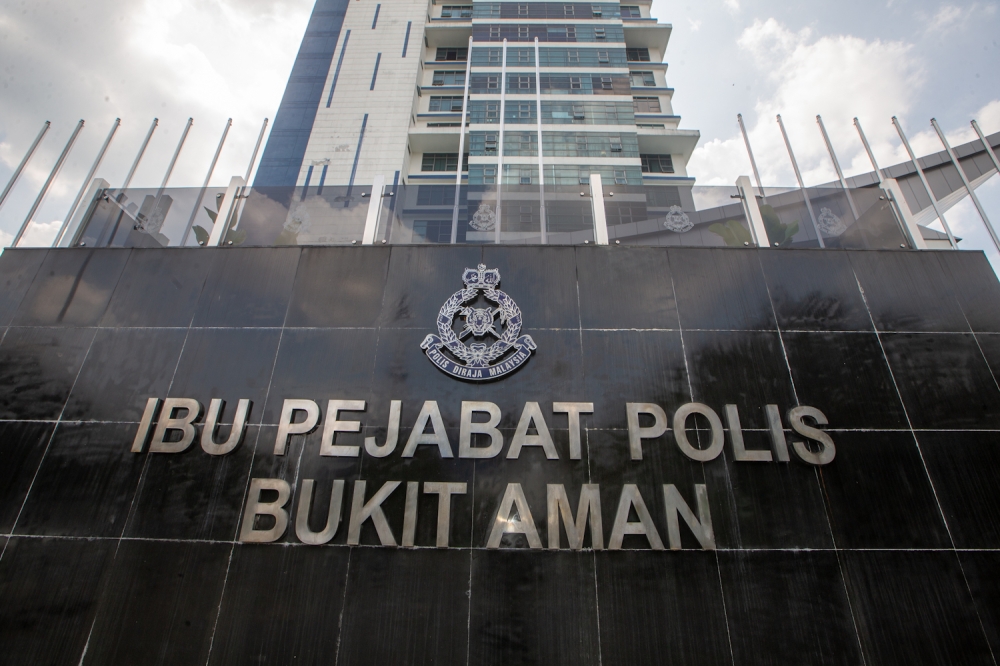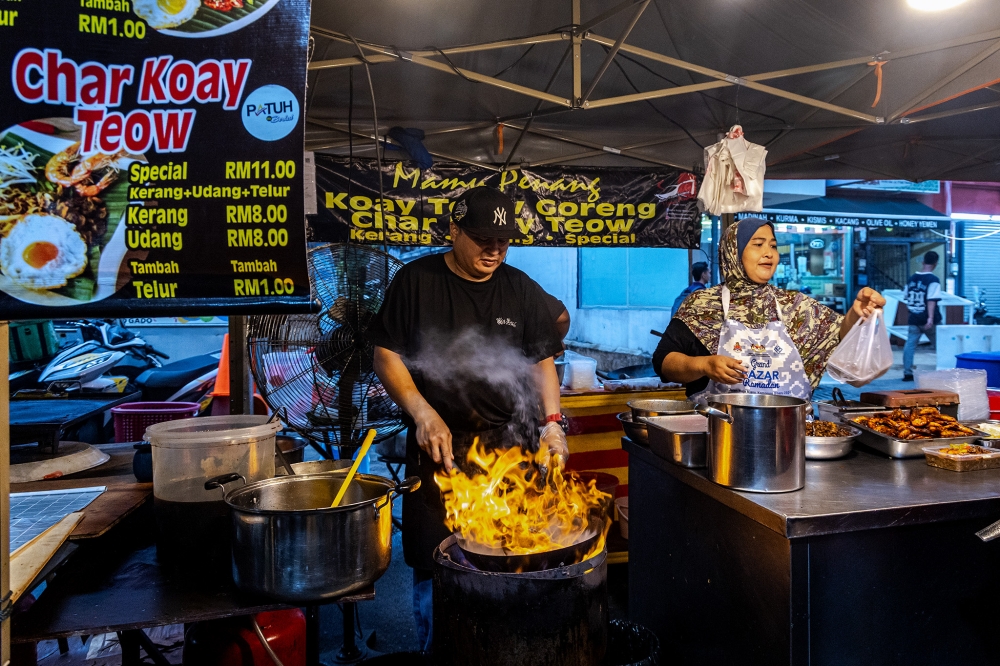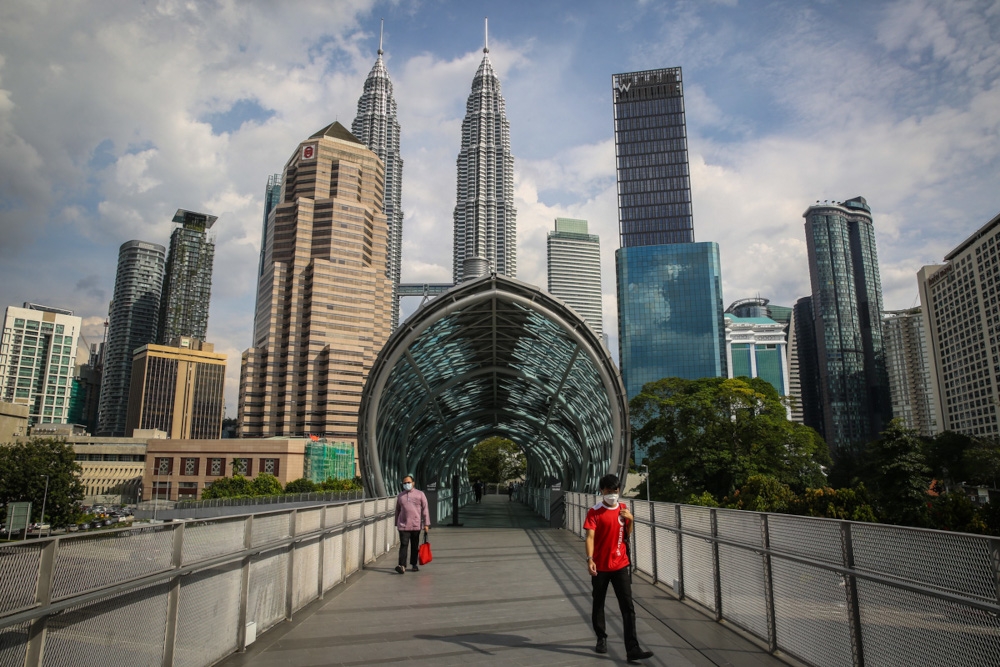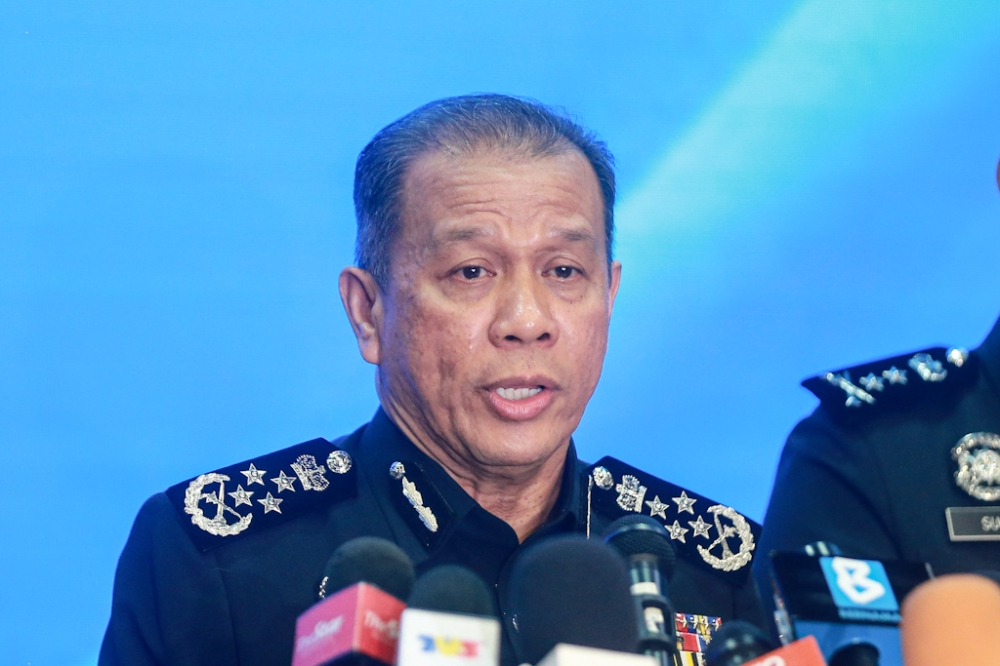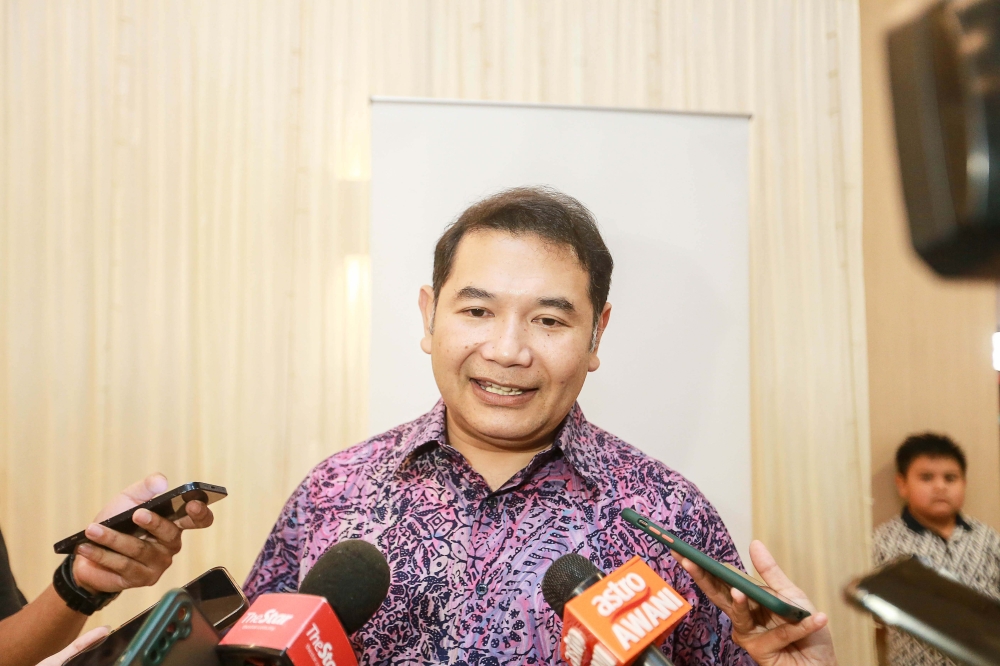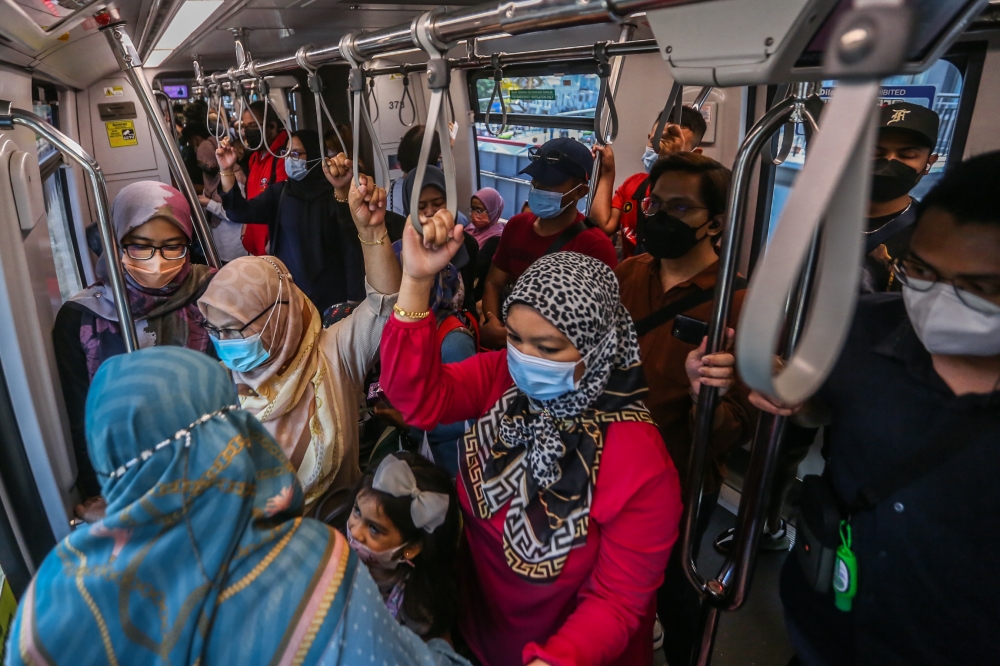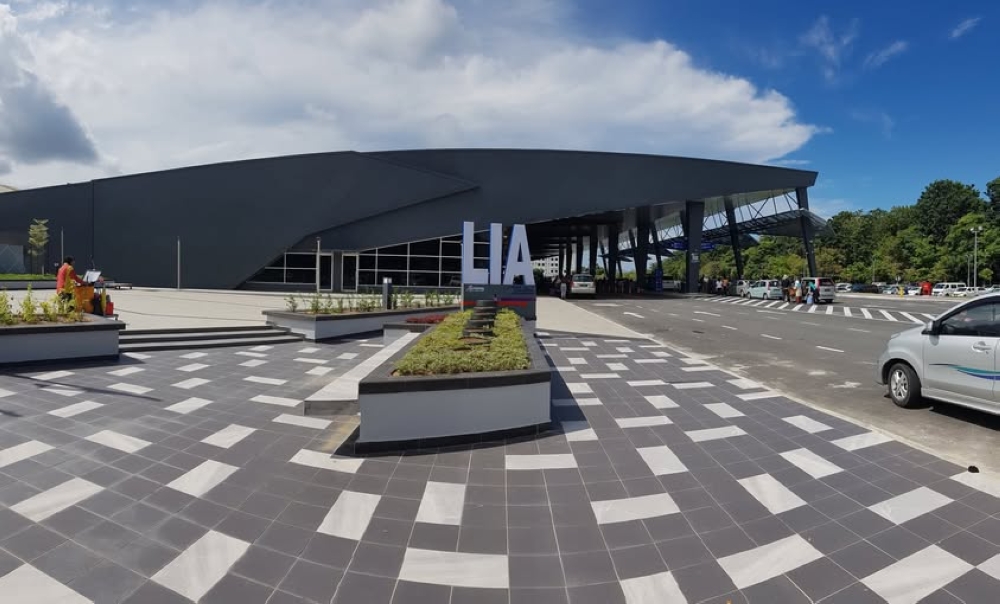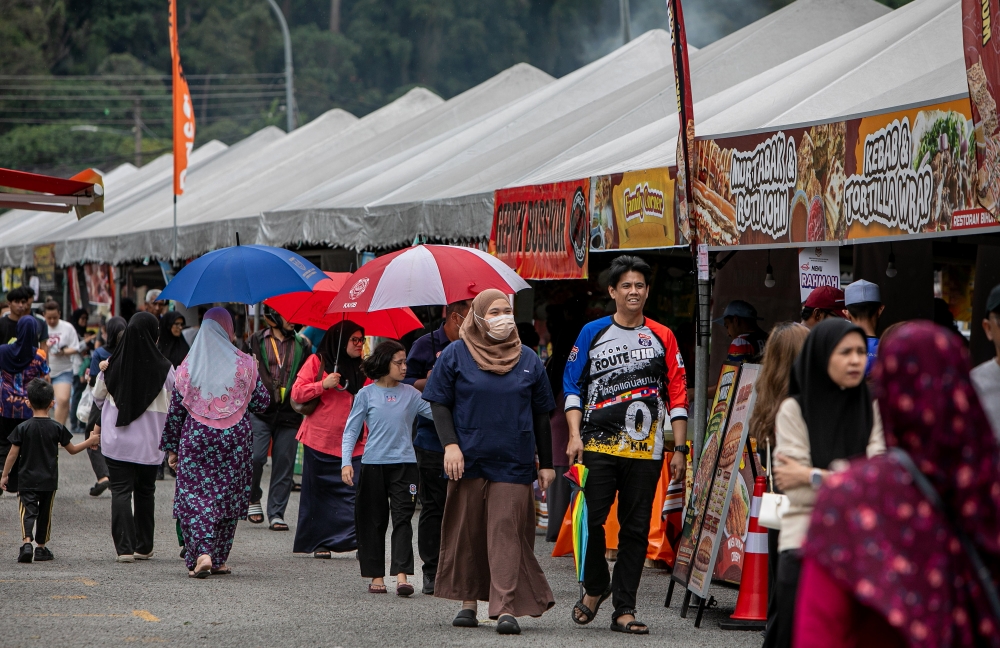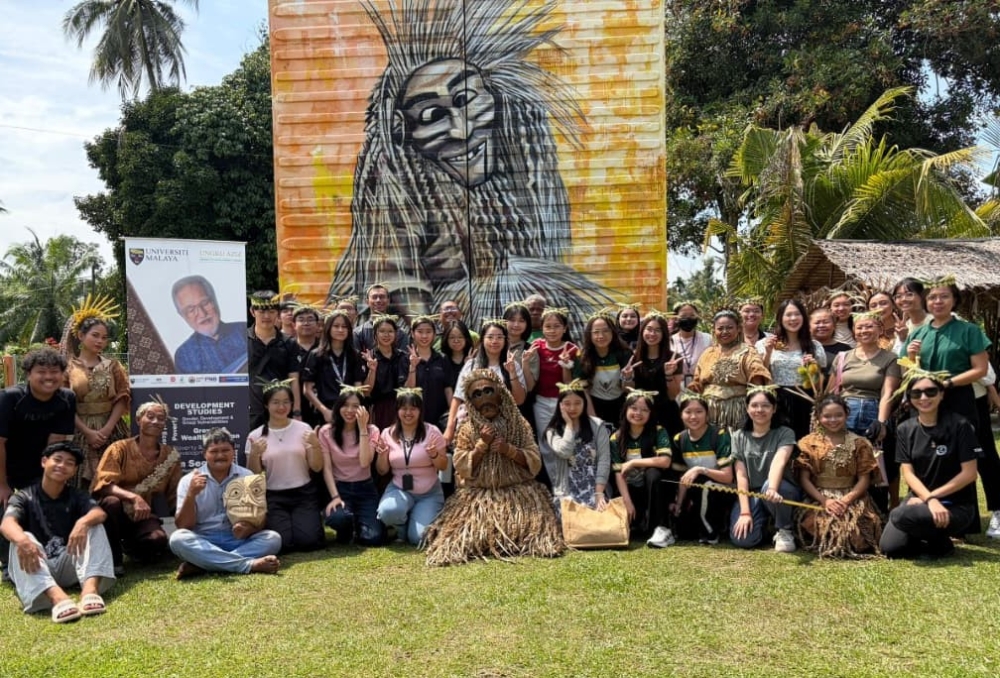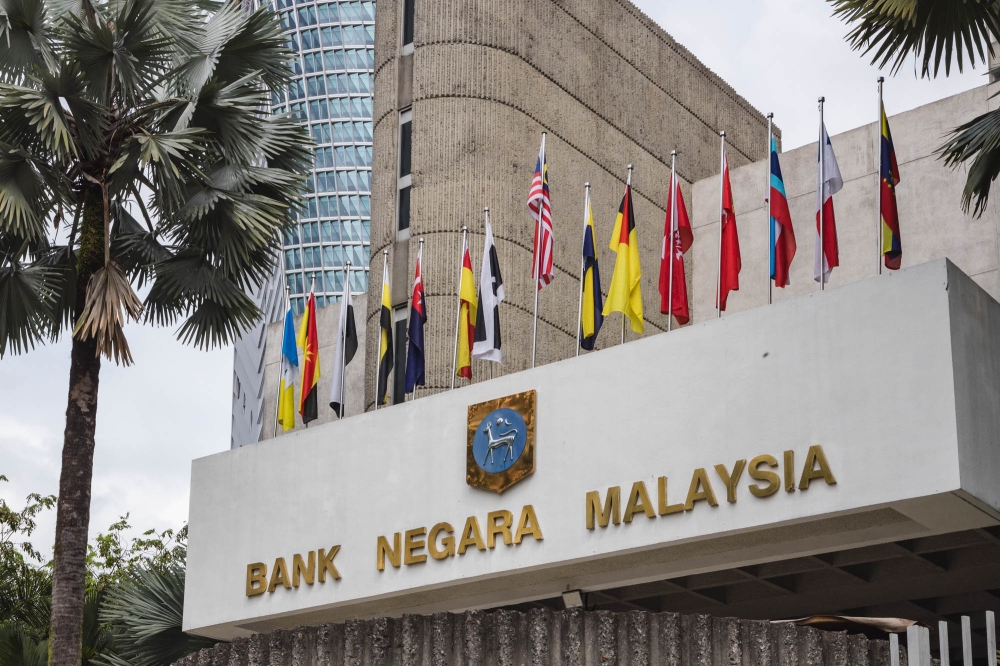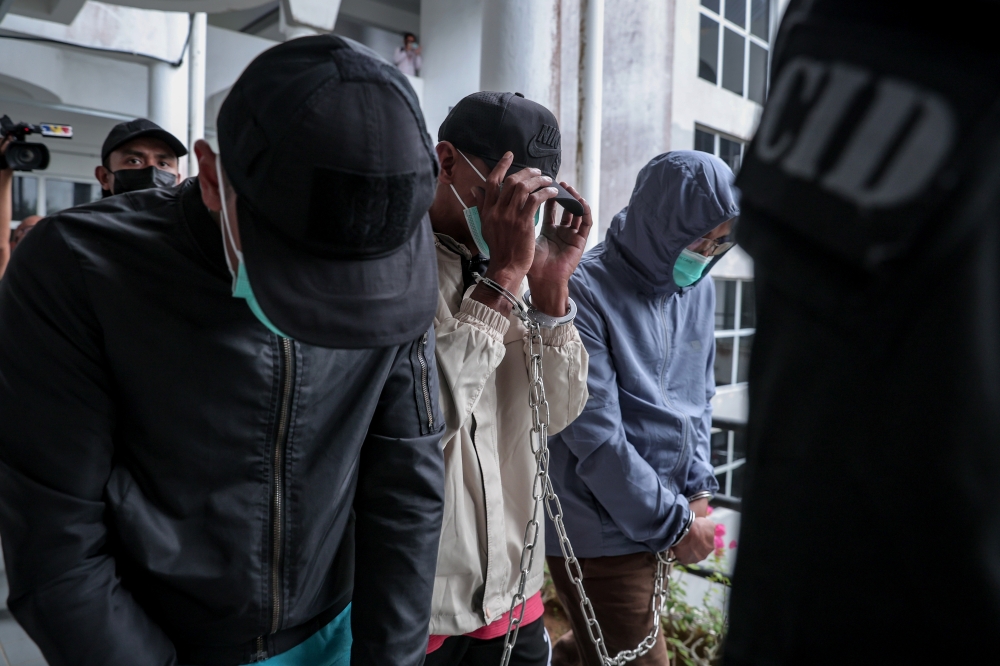JANUARY 15 — Malaysia begins 2021 on a sombre note, nearing 10 months of battling the Covid-19 pandemic, with almost 150,000 total cases and four figure daily caseloads beleaguering the healthcare system. The government’s reinstated movement control order (MCO) for six states until January 26 and the nationwide state of Emergency, is slated to last until August 1, or earlier, depending on the rate of coronavirus infections.
These necessary restrictions will aid in curbing Malaysia’s current spike in Covid-19 infections to manageable levels in the coming months. However, UNFPA Malaysia notes the urgency of ensuring our most vulnerable women and girls do not suffer even heavier short- and long-term disadvantages, all of which impede the progress of gender equality, national recovery and development.
Addressing the shadow pandemic of domestic violence
Domestic Violence has escalated amid Covid-19 — forcing societies, including ours to confront the challenge as never before. The resounding call is for global action to increase awareness, galvanise advocacy efforts and share knowledge and innovations.
Last year’s initial MCO showed alarming fourfold increases of domestic violence reporting, via KPWKM’s Talian Kasih as well as the various hotlines of women’s NGOs like WAO, AWAM, WCC Penang, SAWO Sabah and Sarawak Women.
However, core issues raised in March 2020 remain to be addressed, with these same NGOs still not categorised under essential services and thus not allowed to remain 100per cent operational during the ongoing MCO and Emergency.
As we anticipate continued escalation of domestic violence, UNFPA Malaysia recommends prioritising funding for a minimum package of essential services including Domestic Violence prevention in further Covid-19 fiscal stimulus packages.
There is also a critical need to declare a national zero tolerance policy for Domestic Violence (DV), with a concrete action plan in place, including daily anti DV reminders for the general public through press briefings and mass SMS’, plus ease of access to reporting and shelter for survivors.
Finally, collecting data for improvement of DV services and programmes and interagency collaboration will prove instrumental in reducing the impact of DV on our most vulnerable women and girls.
UNFPA Malaysia thus commends the initiatives taken by both Selangor and Penang’s state governments through their Integrated Safe Community Programmes using communities, local councils, enforcement and awareness drives to prevent violence against women.
Selangor’s multi-agency programme brought together the resources of the Selangor state exco for women and children, Women’s Aid Organisation (WAO) and the United Nations Population Fund (UNFPA) Malaysia to collectively empower and strengthen targeted communities by aiming to prevent gender-based violence from ever occurring in the first place.
Nationwide rollouts and support for more of such programmes are essential in order to further enhance the reach and access to our most vulnerable women and girls.
Parliamentary special select committee
The framework for comprehensive strategies addressing Domestic Violence during Covid-19 and beyond already exists and Malaysia has made heartening strides, despite the challenges of the pandemic.
UNFPA Malaysia commends the formation of the Parliamentary Special Select Committee (SSC) for Women & Children’s Affairs & Social Development as the vicarious situation of Malaysia's women and girls continues to expand in the face of the Covid-19 pandemic.
It is important that commendable efforts such as the SSC are led by representatives who protect the wellbeing of women and girls, leaders of high calibre, that will see to the progress of women and girls, essential to dampen the negative impact of the pandemic on their wellbeing.
Adequate representation of population and minority groups in the SSC, including indigenous and Indian communities, is also vital in ensuring their wellbeing. As this SSC deals with the wellbeing and potential vulnerability of over 50per cent of Malaysia's population, its representatives will be crucial in steering the country’s path towards the 2030 SDGs.
Conclusion
2021 looks to be a challenging year ahead and it’s sobering to note that the United Nations has concluded that across every sphere — from economics and education to health — the impacts of the pandemic are exacerbated for women and girls “simply by virtue of their sex”.
It is clear that collaboration and solidarity between the government, state governments, non-governmental organisations and international agencies reflects the urgency of protecting women's rights through the holistic lens of national development.
The shadow pandemic can be overcome — and timely, sustained collective action will ensure Malaysia’s post-Covid-19 reality holds the hope of being free of domestic violence for all Malaysian women and girls.
* The United Nations Population Fund (UNFPA) is an agency under the UN that aims to deliver a world where every pregnancy is wanted, every childbirth is safe and every young person's potential is fulfilled.
* This is the personal opinion of the writer or publication and does not necessarily represent the views of Malay Mail.


